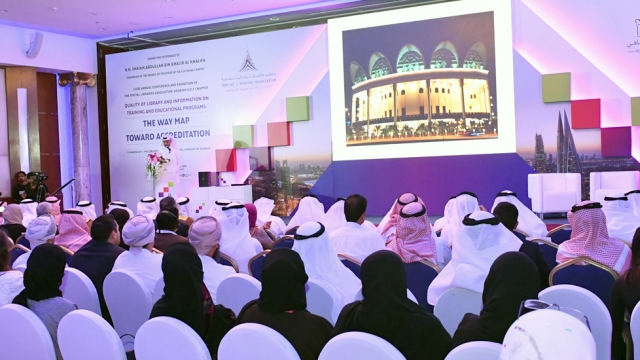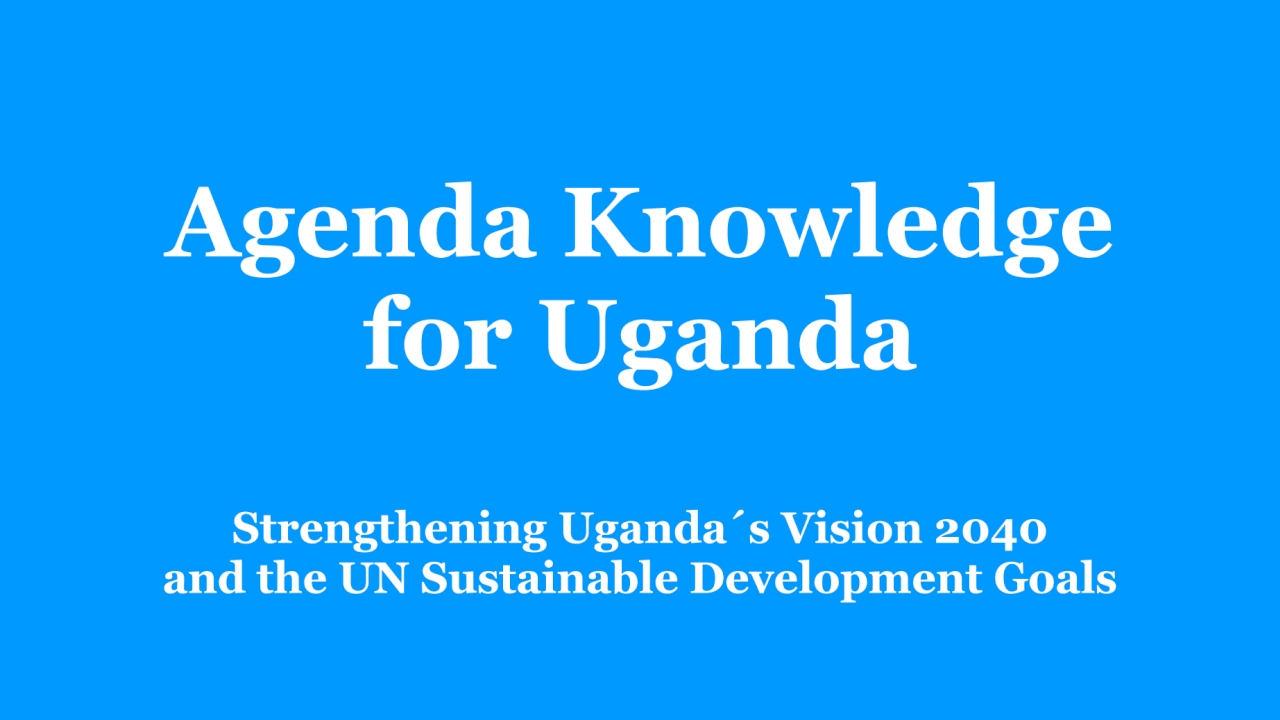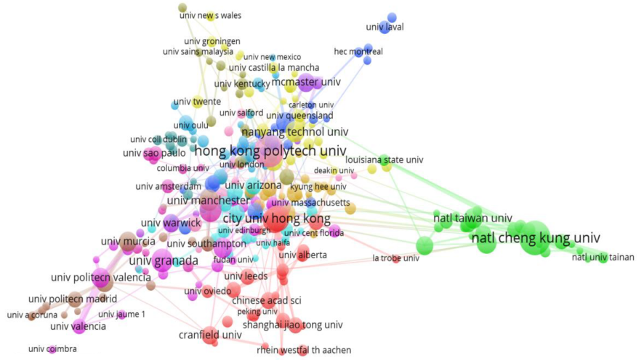
Open access to scholarly knowledge in the digital era (chapter 1.3): A locally-driven “library as a publisher” service for Africa
This article is chapter 1.3 in section 1 of a series of articles summarising the book Reassembling Scholarly Communications: Histories, Infrastructures, and Global Politics of Open Access.
In this third chapter of the colonial influences section, Reggie Raju, Jill Claassen, Namhla Madini, and Tamzyn Suliaman argue that profit-driven processes have triggered the colonization of the publishing landscape resulting in the marginalization of research voices from the Global South. In response, they propose a disruptor to this publishing landscape: a proactive and locally-driven “library as a publisher” service.
As an example of how the publishing landscape benefits primarily the Global North at the expense of the Global South, economics papers written about the United States were more likely to be published in the top five economics journals and only 1.5 percent were about countries other than the United States. As a result, there has been a shift in contributions from researchers from Global South countries who have refocused their research and were reporting on the United States in order to get published. Thus, publishing markets and impact factors are driving the global research agenda.
These inequalities in publishing for and by marginalized voices are compounded by economic circumstances – specifically, the inability of authors from the Global South to pay exorbitant article processing charges (APCs) in an environment where there is a push via the openness movement for the free sharing of research output.
However, driven by social justice and inclusivity imperatives, the proposed “library as a publisher” service will facilitate the dissemination of African scholarship and the equitable and equal participation by African researchers in knowledge production.
The “library as a publisher” service is also a locally-driven solution. Raju and colleagues argue that to fast track a positive development trajectory, Africa needs to generate solutions to local challenges at an exponential rate. Hence, there is growing dependency on freely accessible channels of dissemination of scholarly information to ensure the sharing of research. As much as there is strong advocacy for free access, there has to be equal support for inclusive participation in local solutions by Global South researchers.
Raju and colleagues advise that such a diamond open access publishing model is gaining momentum in Africa, albeit very slowly. They state that this “library as a publisher” service must become mainstream for academic libraries in Africa because it is a significant conduit for inclusive and free access to scholarship for the marginalized and can strongly promote unhindered participation. Further, it facilitates relatively unhindered participation in knowledge production.
Raju and colleagues state that the envisaged continental diamond open access library publishing platform will assist in removing barriers to participation and ensure freedom of African representation. The envisaged platform, using open source software, makes provision for the publication of African scholarship via academic libraries. The opening of opportunities for the publication of African books and journals will address the dearth of African scholarship and remove barriers to participation in knowledge production and dissemination.
Library publishing is meant to create fertile ground for new voices that can find their way into disciplinary conversations, reach new audiences, both academic and public, and positively alter the existing publishing landscape. There is a desperate need for the democratization and decolonization of the publishing landscape – and library publishing is one such service that can deliver on this need. This publishing service promotes social justice and the inclusion of African researchers and research output into mainstream research processes.
Ubuntu and social justice
Raju and colleagues advise that the “library as a publisher” service should advance the principles of Ubuntu as it will contribute to the eradication of information poverty and information unfairness.
Africa has been subjected to years of colonialization and, as a consequence, has been ravished in the postcolonial period by inequality and deprivation. This deprivation extends to access to scholarly literature, which has relegated Africa to the periphery of the world’s knowledge production. Raju and colleagues contend that the open access movement and its social justice principles will usher in some level of equity and equal opportunity; further, it will facilitate the participation of new African voices in the research landscape.
They further believe that social justice and the African principle of Ubuntu could advance sharing for the eradication of information poverty and information unfairness. The open access movement is guided by the principle that access to information, an absolute necessity for any level of growth and development, must be made freely available to all end users. Social justice approaches to eradicating information poverty and injustice can use open access as the conduit for this eradication.
Ubuntu is a Zulu word advancing communal justice en route to promoting an egalitarian society. The principles of fairness and justice underpin both Ubuntu and social justice. Academic libraries, be it from the perspective of the Global North (social justice) or from an African perspective (Ubuntu), have been rolling out open access services to ensure information is made freely accessible to the widest reading audience possible.
In response to an Ubuntu “agended” call for the open sharing of African scholarship, some academic libraries are now offering a “library as a publisher” service to take scholarly information to all parts of the “global village.” This service brings to the fore and consolidates the social justice imperative of open access. In this growing service model, researchers are supported in their desire to share their research output for the growth of research and to find solutions to the myriad of challenges that beset African societies. Improved access to information will ensure that all sections of the “village” can contribute to the growth and development of the “global village.”
Unhindered access versus unhindered participation
One of the primary purposes for the production of research is to find solutions to challenges that beset society. Therefore, it is important for research output to have the widest accessibility for the greatest consumption. However, consumption is a double-sided coin; on the one side there is consumption for action to resolve problems and on the other, there is consumption necessary for the construction of new knowledge – researcher consumption. In terms of researcher consumption, the uneven research landscape brings to the debate the whole issue of equitable access and discoverability. In terms of equitable access, what must be brought to the fore is equitable participation in the creation and sharing of new knowledge.
The fundamental principles of open access point to equitable access culminating in equitable participation. These social justice principles have been hijacked by the publishers who feed aspirations for improved citation (which is understandable given its association with tenure), promotion, greater possibilities of funding and such. However, it detracts from the fundamental principles of the openness movement, which are sharing and inclusivity.
In a highly uneven global research landscape, there is no equality – there are those researchers that are marginalized, those that are on the periphery, and then those that are at the epicenter. The “participation access” is extremely divergent, with researchers from the Global North being “more equal” than those from the Global South. Prohibitive APCs are one of a myriad of challenges that contribute to this inequality. Authors from the Global South have to compete for space in a limited number of journals carrying a range of challenges, from lack of content to support the creation of new knowledge, to the inability to pay exorbitant APCs courtesy of legacy publishing processes. This absurd and unrealistic competition significantly contributes to the exclusion of the marginalized research voices of the Global South.
Raju and colleagues put forward the view that the sharing of scholarly output will have a domino effect of growing the culture of research, ultimately culminating in Africa moving away from the periphery of the world’s knowledge production to the epicenter – moving away from being a net consumer to becoming a contributor to knowledge production.
A significant contributor to this transformation from consumer to participant is the offer of the “library as a publisher” service. The rationale underpinning this service is one of the core principles of open access, namely philanthropy. The offer of a diamond open access publishing service to promote social justice and Ubuntu, must be embraced by historically advantaged African institutions. There must be concerted collective efforts to mainstream the “library as a publisher” service to support equity first and then equality in the creation and dissemination of African research. This nonprofit publishing model is a seismic shift in thinking around benefits for the production and dissemination of research:
- for the author, who wants their research reviewed and circulated, the shift is from “what is in it for me” to “I must share my research”
- for the reader, the shift is from, “I cannot access all research, therefore I cannot create knowledge” to “all research is discoverable and can be reused for knowledge production”
- for the publisher (the library), a contribution to shifting profit-driven motivation to making a meaningful social impact to grow the knowledge economy.
In this model, all three stakeholders move toward the same goal of driving the dissemination of African scholarship and thereby participating in creating new African knowledge, which must form part of the global knowledge economy.
Establishing an African continental platform
The “library as a publisher” service is currently offered at some South African academic libraries that collectively produce more than 55 journal titles. One of these, University of Cape Town (UCT) Libraries, have extended their service and are now also publishing open monographs and textbooks.
In the current UCT publishing platform, there are monographs that have audio and visual clips to simulate laboratory situations to overcome the lack of such facilities. The capacity to magnify images in a dermatology textbook allows for doctors to probe skin conditions; the capacity for books to be read to users improves accessibility for the visually impaired and supports different learning styles, especially those readers coming from back-grounds where English is not their first language. These capacities address the issues of social justice and inclusion.
Despite the progress, Raju and colleagues alert that there is no systematic publishing agenda, with each institution engaging in self-learning and independently experimenting with the software. Given that all of the institutions are using the Public Knowledge Project’s software products (Open Journal Systems or Open Monograph Press), this means that all institutions are proverbially reinventing the wheel. Indeed, there is very little sharing of skills and resources. Such a lack of skills and poor infrastructure are deterrents to those institutions that are not offering such a service.
However, Raju and colleagues reveal that there is proof of concept for the functioning of an aggregated institutional platform, which in due course will be extended into a South African national platform. This South African platform will be made available to any of the academic institutions in the country to use for the publication of their local journals and/or monographs.
The intention is to expand this national platform with the collaboration of a number of African partners, toward the creation of the continental platform.
Next part (chapter 1.4): Can open scholarly practices redress injustices in knowledge-making?
Article source: This article is an edited summary of Chapter 31 of the book Reassembling scholarly communications: Histories, infrastructures, and global politics of Open Access2 which has been published by MIT Press under a CC BY 4.0 Creative Commons license.
Article license: This article is published under a CC BY 4.0 Creative Commons license.
References:
- Raju, R., Claassen, J., Madini, N., & Suliam, T. (2020). Social Justice and Inclusivity: Drivers for the Dissemination of African Scholarship. In Eve, M. P., & Gray, J. (Eds.) Reassembling scholarly communications: Histories, infrastructures, and global politics of Open Access. MIT Press. ↩
- Eve, M. P., & Gray, J. (Eds.) (2020). Reassembling scholarly communications: Histories, infrastructures, and global politics of Open Access. MIT Press. ↩
Also published on Medium.






